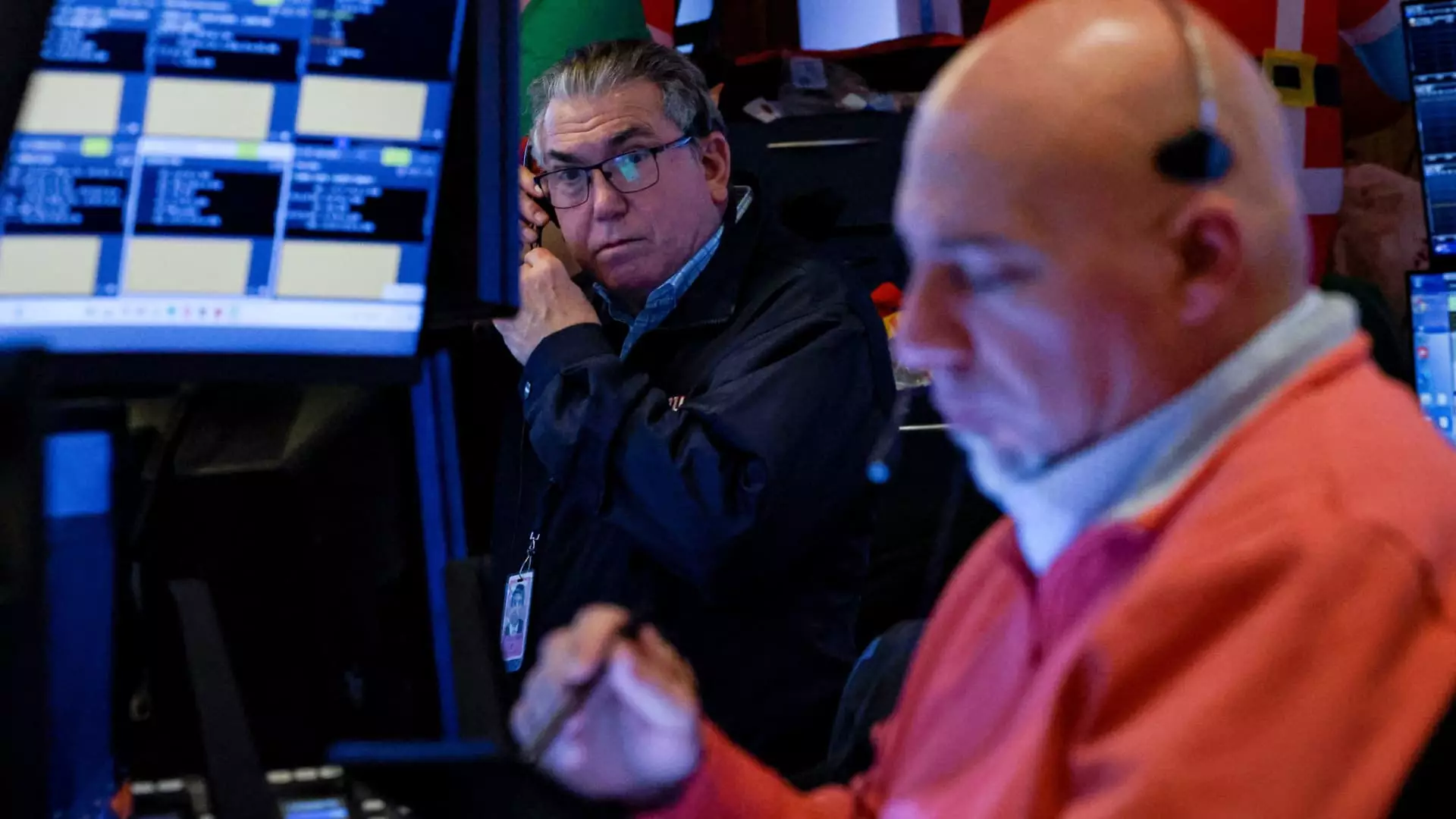European markets are poised to experience a rocky start this Tuesday as investors anticipate significant action from central banks globally. The latest financial updates indicate a downward trajectory for major stock indices: the U.K. FTSE 100 is expected to decline by 18 points, reaching an opening of 8,240, while Germany’s DAX and France’s CAC are projected to open lower as well. The Italian FTSE MIB could see a notable drop of 129 points to 34,618. This negative sentiment reflects a broader market reaction to anticipated economic policies.
A major event this week that has captured the attention of investors is the U.S. Federal Reserve’s two-day policy meeting, commencing today. With central bank decisions often creating ripples in global markets, all eyes are on the Fed’s upcoming monetary policy announcement set for December 18. Current investor sentiment, as indicated by the CME Group’s Fed Watch tool, suggests a staggering 95% expectation that the Fed will opt for a quarter-point interest rate cut during this meeting. This widely anticipated move is expected to influence various asset classes, with Jerome Powell’s post-meeting press briefing crucial for any indications regarding future policy shifts.
As the week progresses, attention will turn towards the Bank of England, which convenes on Thursday. Investors have been cautiously optimistic, pricing in a meager possibility of a final interest rate cut for the year. This anticipated meeting comes amid ongoing scrutiny over the UK’s economic stability and inflation concerns, testing the resilience of the current monetary framework. A decisive move from the Bank of England could set the tone for the end of the year, shaping investor expectations as the UK grapples with economic uncertainty.
Adding to the volatility, Germany is experiencing political upheaval following Chancellor Olaf Scholz’s recent confidence vote loss in parliament. This situation opens the door for a snap election slated for February 23, a development that follows the collapse of Scholz’s coalition government last month. The implications of this political shift could complicate Germany’s future economic outlook and affect broader EU stability, raising questions about governance and economic policy in Europe.
Across the Asia-Pacific region, market responses have shown mixed signals, reflecting varying investor sentiments as traders brace for more economic data. As European markets open, key releases include U.K. unemployment figures and Germany’s Ifo business climate index, both of which could provide further insight into the health of the respective economies. Moreover, with no significant earnings reports on the horizon, the focus remains firmly on macroeconomic indicators and central bank decisions, setting the stage for a turbulent week in European financial markets.
As central banks convene and political uncertainties loom, European markets are likely to navigate a week marked by cautious trading and heightened anticipation, ultimately shaping investor strategies moving forward.


Leave a Reply